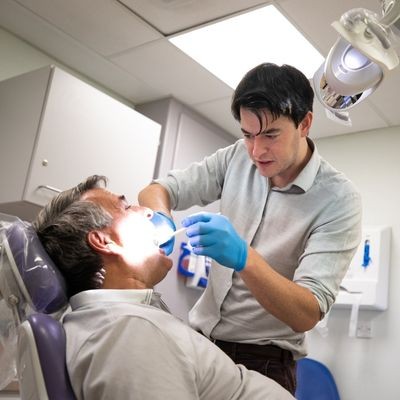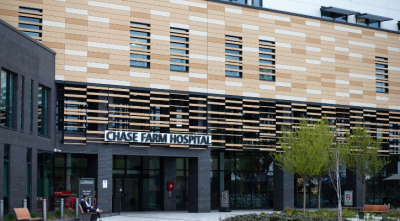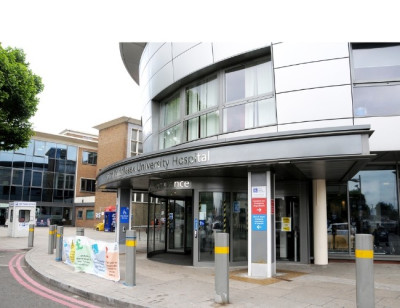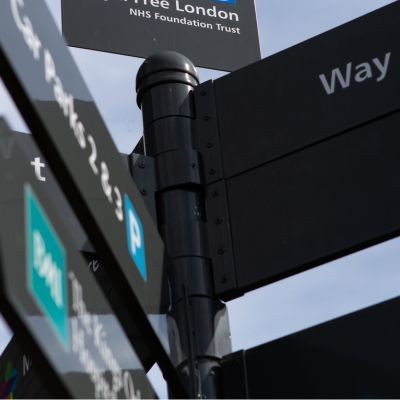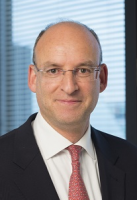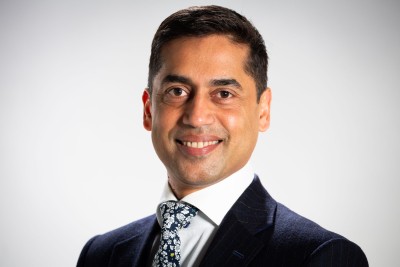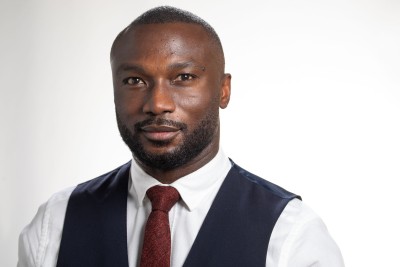The maxillofacial and orthodontics service treats a range of conditions relating to the head, neck and mouth. These include:
- trauma to the face and jaws
- head and neck infections
- various cancers of the head and neck
- salivary gland diseases
- facial deformities
- jaw joint conditions
- facial pain
- removal of heavily decayed or wisdom teeth
- cysts and tumours of the jaw
- severe oral ulceration
The team may also see patients requiring routine treatment who have significant medical problems that may complicate their care.
Orthodontics is the branch of dentistry concerned with the growth and development of the face. The team diagnose, prevent and treat problems in these areas in order to improve dental health, function and aesthetics using different types of braces.
Surgeons in the service may work alongside other specialists, such as oncologists, plastic surgeons and ear, nose and throat (ENT) surgeons and dermatologists.
You will have an initial consultation with a doctor or dentist to try and understand your reason for attending. This may involve simple X-rays being taken on the day.
Alternatively, special tests (eg bloods, scans, specialist X-rays) may be requested for a future visit and be followed up at a subsequent consultation.
Patients may sometimes be added to a waiting list for treatment on their first visit.
Head and neck cancer services (not including thyroid management) at the Royal Free London contribute to the University College London Hospital (UCLH) head and neck cancer network. Cancer diagnostics are provided at Barnet Hospital and Chase Farm Hospital.
Specific surgical services are based at University College Hospital (UCH), and chemotherapy/radiotherapy services are located at both UCH and North Middlesex University Hospital. Patients then return to Chase Farm Hospital for follow-up.
You will have support from the head and neck cancer nurse specialist and our Macmillan cancer information and support services.
The team performs orthognathic surgery to correct the position of the upper and lower jaws, to enable the teeth to meet together correctly and improve your facial profile.
It involves a combination of orthodontic treatment and jaw surgery and can take up to three years to complete.
A specialised jaw joint service has been developed for patients who have been diagnosed with temporomandibular joints (TMJ) disorders, and the results of treatment are excellent.
Patients can be referred to the TMJ service by their dentist, GP or ENT surgeons if conservative management, such as pain medication, change in diet, avoiding clenching and grinding of teeth, use of splints or gum shields and/or physiotherapy, has been unsuccessful.
We also take referrals from other maxillofacial and orthodontic units across the country. See the ‘referrals information’ section below for more information on how to refer. You can also read our patient information leaflet about the procedure.
Patients are referred to the service by their GP or dentist.
GPs
GPs should refer in by using the online NHS e-Referral Service (e-RS). GPs can get in touch with the service by emailing RF-TR.
If referring due to suspected head and neck cancer, GPs must refer in on the two-week-wait pathway using the e-RS system. Paper referrals will be rejected.
Dentists
Dentists should refer patients via email to rf.
Incomplete or illegible referral forms risk rejection. This includes not sending an X-ray where it would be clinically appropriate.
Dentists referring for suspected oral cancers should use the pan-London suspected head and neck cancer referral form, and email completed referrals to rf-tr.
 Translate
Translate
